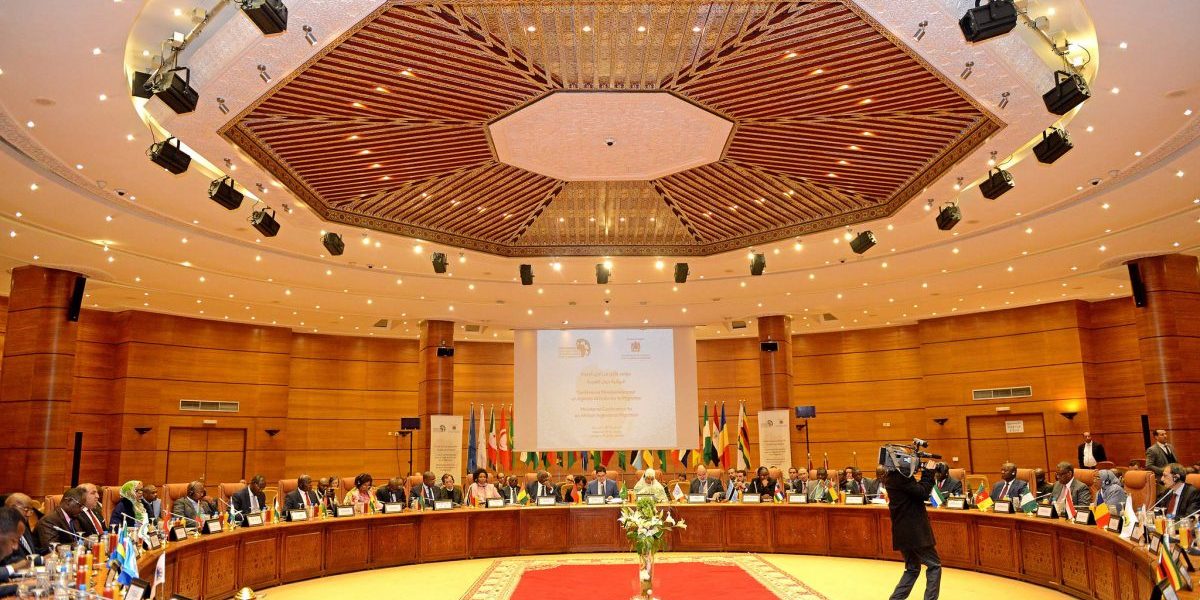In the case of the Southern African Development Community (SADC), the food crisis served to highlight the decline in agricultural productivity over the years and the descent of some countries from net food exporters to net food importers. Although the reasons for such decline are many and varied, there are some elements that are trade policy-related. One of the often ignored trade policy factors is that of services trade liberalisation and the impact it can have on agricultural productivity, particularly the liberalisation of network and intermediate services such as finance, transport, communications and energy. Despite the fact that these services are often inefficient and excessively overpriced due to monopolies, there seems to be little appetite in the region for services trade liberalisation. Rather, the priority when it comes to regional integration has so far been on tariff reductions and trade in goods. Indeed, there seems to be little awareness of the interconnectivity of trade in goods and trade in services, or, in essence, the adverse impacts that inefficient services can have on productivity and supply when it comes to goods trade. This has a particularly negative impact on agricultural trade, especially given the distance of the agricultural areas from urban areas, where services are more readily available. Liberalisation of trade in services in the SADC region would help stimulate increased agricultural productivity and supply through increased investment in network services and, concomitantly, in the agricultural sector. It is therefore of critical importance for food security that the services trade liberalisation agenda in SADC is more aggressively pursued.








